The chancellor has raised the fuel benefit charge multiplier, effectively making employees who receive fuel paid for by the company for private use even more worse off.
He labelled the provision of free fuel to company car drivers “a perverse environmental incentive” and said to support the public finances, and encourage fuel-efficient travel, the fuel benefit charge multiplier will increase from £16,900 to £18,000 from 6 April 2010.
The van fuel benefit charge will increase from £500 to £550 on the same date.
The increase to £18,000 will have the effect of raising the breakeven private mileage by 6.5% for an average 130g/km car and 10.5% for an average 180g/km car.
“A basic rate taxpaying employee receiving free private fuel will have to travel more than approximately 6,570 private miles in the lower emitting car and 7,710 private miles in the higher emitting car for the tax cost of the benefit to be lower than the cost of the fuel used,” explained Dan Rees, business car tax consultant at Deloitte.
“A higher rate taxpaying employee receiving free private fuel will have to travel more than approximately 13,140 private miles in the lower emitting car and 15,430 private miles in the higher emitting car for the tax cost of the benefit to be lower than the cost of the fuel used.”
Alastair Kendrick, employment tax expert at Mazars, warned: “This is a reminder to companies that they need to reassess paying for free fuel. In many cases it is no longer of benefit.”
Meanwhile, ACFO chairman Julie Jenner called for free fuel to be completely withdrawn as a benefit for employees. “Considering this is only a benefit to less than 3% of employees, I don’t think firms should be offering free fuel anymore,” she said.
It’s estimated that as many as 380,000 employees still pay tax on company-funded fuel for private use, according to HM Revenue and Customs.
Paul Hollick, general manager sales development for Alpahbet, said the move will cost comapnies that continue to provide free fuel an extra £50 million in 2010-11.
"For firms that still give drivers free fuel, and therefore both pay for the fuel and the employer's NIC on the benefit charge, this is good reason to think about buying drivers out of this benefit next year," he said.











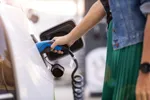
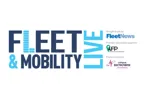

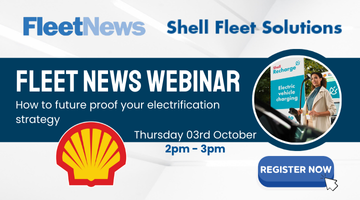
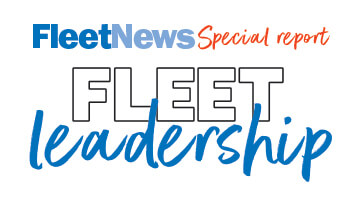

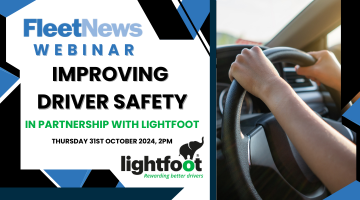
Login to comment
Comments
No comments have been made yet.